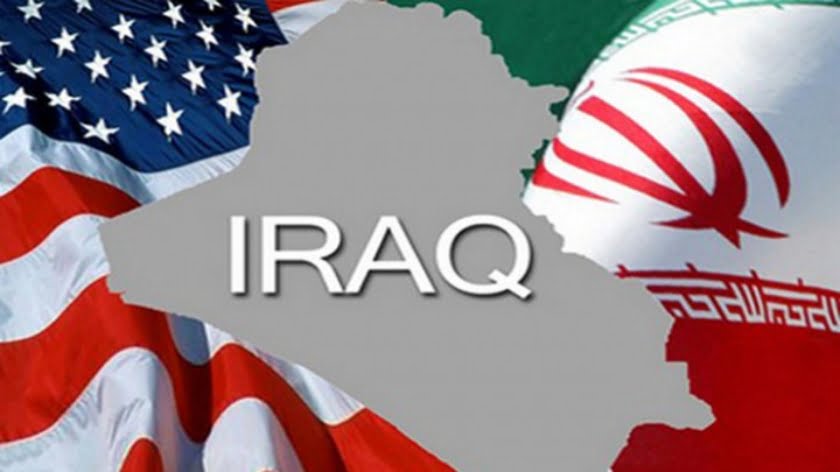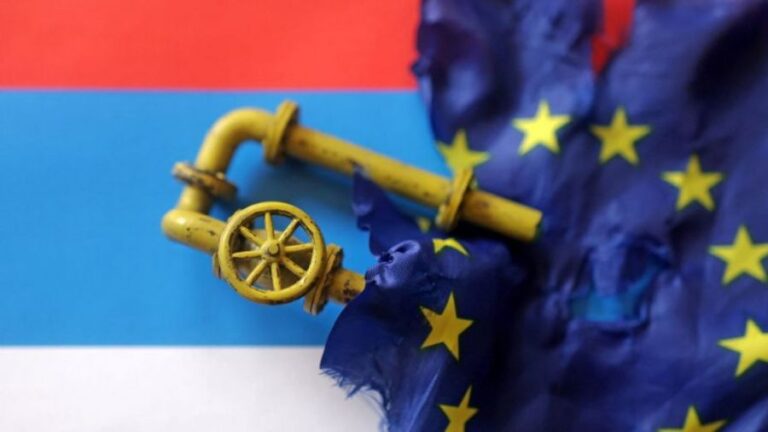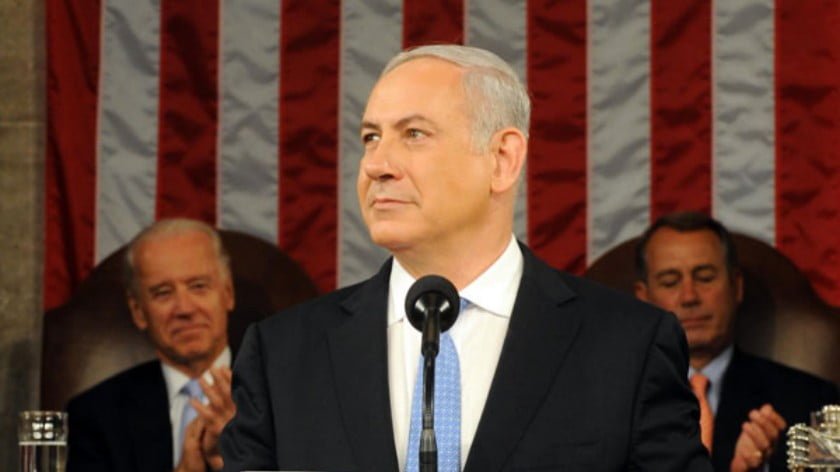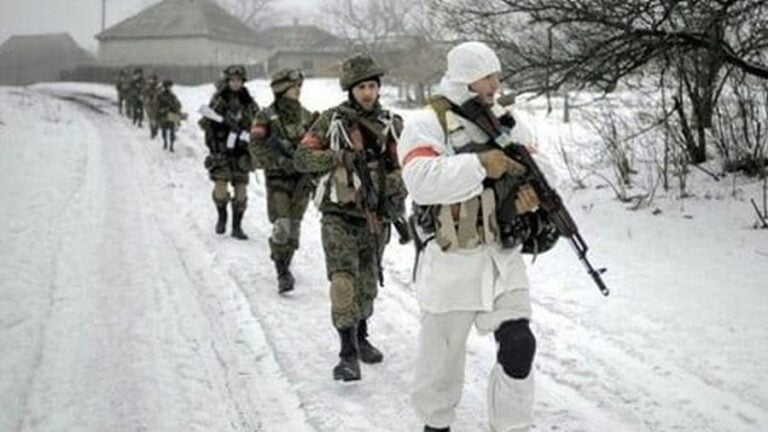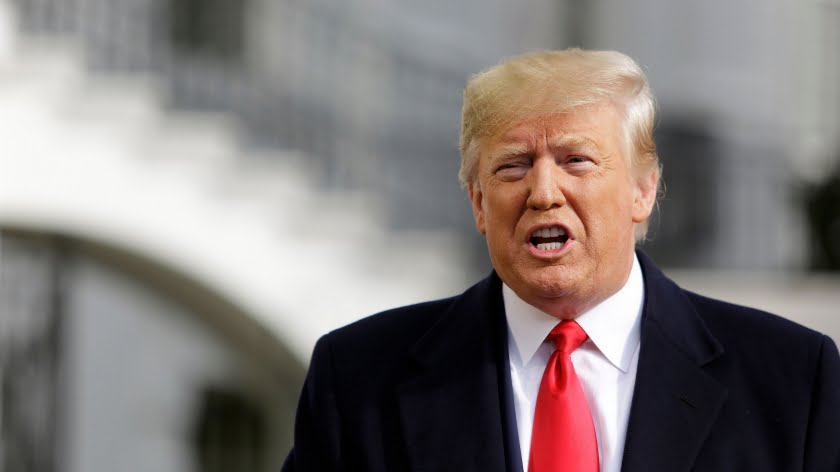US and Iraq: Walking Successfully Between Landmines
Notwithstanding the failure of US foreign policies in the Middle East over the last four decades, the US administration seems to have managed not to earn the animosity of the Iraqi government. The US administration demonstrated its failure to produce an efficient and clear policy in the Middle East by waging wars in Afghanistan and Iraq, occupying part of Syria, unconditionally supporting Israel (at the expense of peace with the Palestinians) and unilaterally declaring economic war on Iran. Nevertheless, the present Prime Minister Adel Abdel Mahdi is helping the US to establish good ties with Iraq on a basis of partnership, despite considerable regional and domestic challenges.
The Iraqi Premier is trying to maintain a balance between his country’s relationship with the US and with Iran, the two enemy countries. This balance is difficult to manage on a territory that hasn’t fully recovered from the effects of years of terrorist domination and a punishing lack of full recovery for its infrastructure. And Abdel Mahdi’s task is even greater: to win over the hearts and minds of a population deeply wounded by the effects of the ‘war on terror’. However, in the middle of all these difficult tasks, Iraq is offering a perfect model for the US to follow and reproduce for its relationships with other “hot” parts of the Middle East, enabling it to return to the arena as a partner and not remain an enemy.
The US administration is about to bow to the Iraqi request to be exempted from the American sanctions against Iran. The government of Adel Abdel Mahdi insisted on being granted an initial 90-day sanctions waiver to daily purchase 28 million cubic metres of gas from Iran to supply the Diyala-Basra region with electricity. Iraq said its government asked for an unlimited sanction waiver for at least two years because it has no other alternatives to satisfy the domestic demand for basic electricity, so as to avoid local unrest. Iraq is even warning the US that its request for gas supply from Iran will increase and may double in the next months until Iraqi domestic gas production is restored and the country becomes energy-independent. The US is encouraging the Iraqi government to seek alternative support from Jordan and Saudi Arabia to devalue and maybe eliminate Iran’s role. Abdel Mahdi welcomed the help from those bordering countries but he will keep Iran as one of his main suppliers in the short and medium term. Iraq agreed with Iran not to pay in US dollars for the energy supply and the amount due will be paid in both local Iraqi dinars and European currency, the Euro.
The Iraqi Prime Minister managed to convince the different Iraqi political parties – who hold an important number of parliamentary seats – to drop or at least postpone their bill to ask for the US forces to pull out of the country, a source close to the Prime Minister has said.
According to the source, “Iraq needs the US weapons that represent a big part of the Iraqi armed and security forces equipment. Moreover, the US offers military and special forces training, intelligence information and technical support that are prerequisites for the country to continue its fight against ISIS. Although the terrorist group has lost all the territory it was holding, it is still active in the north of the country. Therefore, any support from any side is most welcome”.
Prime Minister Adel Abdel Mahdi met on many occasions with US and Iranian officials to ease the relationship between both countries and Iraq. The Prime Minister made it clear that Iraq won’t be an operational stage for any US military attacks against Iran; it is not going to take part in the US economic and sanctions against Iran; Iraq will not be used as a platform to attack the US forces or send messages (like the rocket launched against the US embassy in Baghdad!); Iraq will act according to its own benefits and interest and will strike a balance between its neighbours, including both Saudi Arabia and Iran.
There is no doubt that Iran has strong allies in Iraq among many political parties starting from the Kurds to the Sunni and the Shia parties. These have important voices in the Parliament and the Cabinet. Moreover, Iran has influence among armed groups that are also present in parliament but are non-state actors with influential leverage in the Iraqi streets.
It is also in the interest of Iran to see a prosperous and strong Iraq with a robust economy and playing an important role in the Middle East. Iran looks forward to Iraqi-Saudi “good ties” and to a decent Iraq-US relationship because Baghdad can play an important “back channel” role in the Middle East. Baghdad is required to carry out the art of the impossible, managing a “hectic” relationship between Iran on one side and the US and Saudi Arabia on the other. All these have been at silent war since the Iranian revolution in 1979. Also, Iran hopes that Baghdad can manage to eliminate ISIS, who are a real threat to every single country in the region.
Tehran, according to decision makers in Baghdad, will not have recourse to its Iraqi allies to hit US interests in Iraq- unless Iran is in existential danger. This is unlikely to be the case unless there is a US general declaration of war. Indeed, an all-out war with Iran is not a realistic option because Iran’s allies in the Middle East are strong, united and have shown they can form a unified front against their enemies whenever the time comes.
Actually, it is thanks to the US failure in managing its foreign policy and relationships with Middle Eastern countries that Iran succeeded in supporting and arming its partners in Yemen, Palestine, Syria and Lebanon. Europe did not manage to replace or displace the US clumsiness and is not offering itself as a potential partner for the Middle Eastern countries when they challenge US hegemony.
Iraq can be taken as an excellent example in managing the impossible in the Middle East because it is showing successful results so far. In previous rulings, Iraq has started off with a pro-US Prime Minister, Ayad Allawi, but that didn’t work out well for the country. After Ibrahim al-Jaafari, a pro-Iranian prime Minister ruled Iraq and the result was again far from enviable. After al-Maliki, a pro-US prime Minister took power, he was supported by both Iran and the US to fight ISIS (even if the US late to respond to the call for help- which was not Iran’s case in 2014 when ISIS was about to control Baghdad). When Abadi did take the US side against Iran he lost credibility and ended his career. Today, there is a Prime Minister who enjoys Iranian support, who yet maintains a balanced relation with the US in accordance with Iraqi interests. Mahdi’s priority is re-building the country.
Abdel Mahdi is walking through a minefield domestically and in his attempts to keep balance in his foreign policy. He is aware he needs to deal with powerful domestic non-state actors and that he still needs to frighten both ISIS and the US just in case the situation should turn ugly again in Iraq. He is aware of his priorities and knows that any confrontation between the US and Iran will be devastating also for Iraq. Abdel Mahdi is so far managing to explain to Saudi Arabia, Iran and the US that they can consider Iraq “as a country to do business with” andenjoy some influence, enough to preserve the country’s integrity and unity, but avoiding any war on its territory.
Iraq seems to be reaching what has seemed an impossible balance for any country to achieve in the Middle East. It is the only state that is playing this equilibrium role. As long as the US supports Iraq in this function and avoids pressuring Baghdad – which does seem to be presenting the case- so far – it may emerge as a key player in the region.
By Elijah J. Magnier
Source: Elijah J. Magnier

